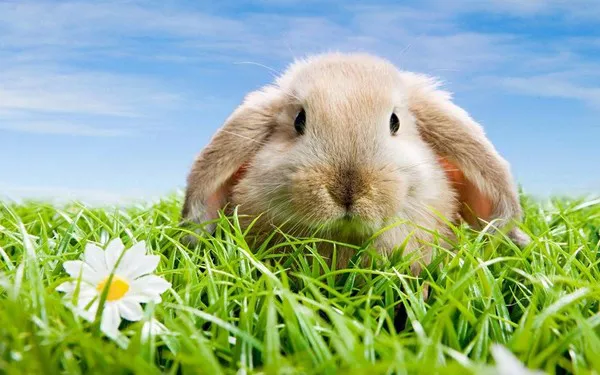The world of rabbits is not only fascinating but also holds numerous mysteries, especially when it comes to their reproductive biology. Among the most common queries concerning rabbit breeding is the duration of pregnancy, often referred to as the gestation period. In this comprehensive guide, we delve into the intricacies of rabbit reproduction, shedding light on how long bunnies are usually pregnant for, factors influencing gestation, and essential considerations for rabbit breeders and enthusiasts.
Understanding Rabbit Reproduction
Before delving into the gestation period of rabbits, it’s imperative to grasp the fundamentals of their reproductive biology. Rabbits are prolific breeders, known for their ability to reproduce rapidly under favorable conditions. Both domestic and wild rabbits share similar reproductive characteristics, although environmental factors can influence breeding patterns and fertility rates.
Female rabbits, known as does, reach sexual maturity relatively early, often as young as three to four months of age, depending on the breed and environmental conditions. Once sexually mature, does enter estrus cycles, commonly known as being “in heat,” during which they are receptive to mating. Unlike many other mammals, rabbits do not have a regular estrous cycle but instead experience induced ovulation. This means that ovulation occurs in response to mating or physical stimulation.
The Gestation Period of Rabbits
The gestation period, or pregnancy duration, in rabbits is a crucial aspect of their reproductive cycle. Understanding this period is essential for rabbit breeders and owners to anticipate births and provide appropriate care for pregnant does and their offspring.
On average, the gestation period for rabbits ranges from 28 to 31 days, with most pregnancies lasting around 30 days. However, it’s essential to note that there can be variations in gestation length, influenced by factors such as genetics, environment, nutrition, and overall health of the doe.
Factors Influencing Gestation Length
Several factors can influence the duration of pregnancy in rabbits:
Genetics: The genetic background of the doe and the buck (male rabbit) can play a role in determining gestation length. Certain breeds may have slightly shorter or longer gestation periods compared to others.
Environmental Factors: The environment in which the rabbits are housed can affect their reproductive health and, consequently, gestation length. Factors such as temperature, humidity, and stress levels can impact the doe’s fertility and the development of the embryos.
See Also:How Do I Get My Rabbit to Eat?
Nutrition: Adequate nutrition is crucial for maintaining the health of breeding rabbits and ensuring successful pregnancies. A balanced diet rich in essential nutrients, vitamins, and minerals supports reproductive function and can influence gestation length.
Health and Age of the Doe: The overall health and age of the doe can affect her reproductive capacity and the duration of pregnancy. Older does may have slightly longer gestation periods, while underlying health issues can lead to complications or premature births.
Breeding Frequency: The frequency of breeding can also impact gestation length. Continuous or frequent breeding without sufficient intervals for recovery can strain the doe’s reproductive system and affect the duration of pregnancy.
Essential Considerations for Rabbit Breeders
For rabbit breeders and enthusiasts, understanding the gestation period is vital for successful breeding and responsible rabbit husbandry. Here are some essential considerations:
Proper Housing: Provide suitable housing conditions for breeding rabbits, ensuring adequate space, ventilation, and protection from extreme temperatures.
Nutritional Support: Offer a balanced diet specifically formulated for breeding rabbits, with access to fresh water and high-quality hay or grass.
Health Monitoring: Regularly monitor the health of breeding rabbits, including weight management, parasite control, and veterinary check-ups.
Breeding Management: Plan breeding schedules carefully, allowing sufficient time between pregnancies to ensure the health and well-being of the does and their offspring.
Preparing for Birth: As the gestation period approaches its end, prepare nesting boxes filled with soft bedding material to accommodate the pregnant does and their newborn kits.
Conclusion
The gestation period of rabbits is a critical aspect of their reproductive biology, influencing breeding practices and the management of rabbit colonies. By understanding the factors influencing gestation length and implementing proper care and husbandry practices, rabbit breeders can promote successful pregnancies and the health of both does and their offspring. With proper management and attention to detail, rabbit enthusiasts can enjoy the wonders of rabbit reproduction while ensuring the welfare of these beloved animals.
Related Topics:

























